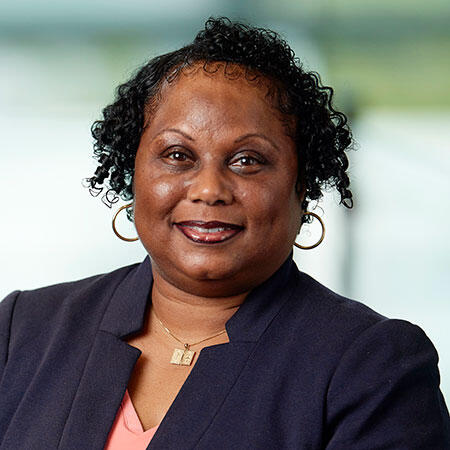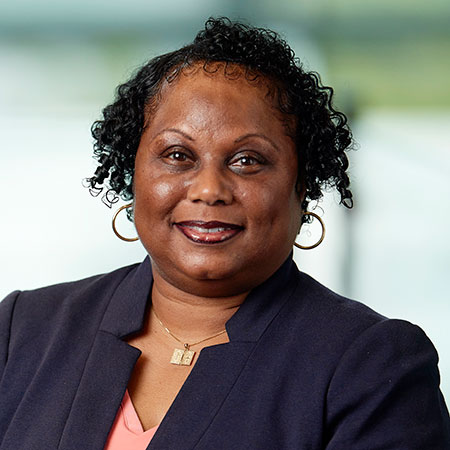
Benita R. Brooks, Ph.D.
Associate Professor in Literacy Education & Chair
Biography
Benita R. Brooks, an alumna of the University of Nevada, Las Vegas, earned her Ph.D. in 2009 in curriculum and instruction with an emphasis in literacy education. She returned to UNLV in August 2023 as an associate professor of literacy education in the Department of Teaching and Learning. She brought her twelve years as a faculty member at previous institutions and ten years of experience as a high school English teacher.
Brooks is committed to exploring the multifaceted dimensions of literacy, with a particular focus on after-school programming and the emerging framework of well-being literacy. Her research centers on using this framework as a transformative tool in education, focusing on its five key components: vocabulary, knowledge, and language skills to demonstrate what it looks like in practice. Her work focuses on well-being literacy, investigating: (1) how teacher preparation programs equip future educators with practical communication skills to articulate and promote well-being, (2) how high school English teachers embed well-being literacy into curricula, and (3) how Black adolescent girls conceptualize transformative leadership through the well-being literacy framework.
She has held multiple leadership positions at the local, regional, national, and international levels. She has served as the vice president of the Nevada Association of Teacher Educators and the Recruitment and Retention officer for the American Education Research Association’s SIG 41- Experiential Education and Community Engagement. She has received numerous awards for her contributions to experiential education and community engagement, and she has received over $8.6 million in grant funding.
Brooks is most proud of her work at the community level, including the creation of transformative after-school tutoring programs.
